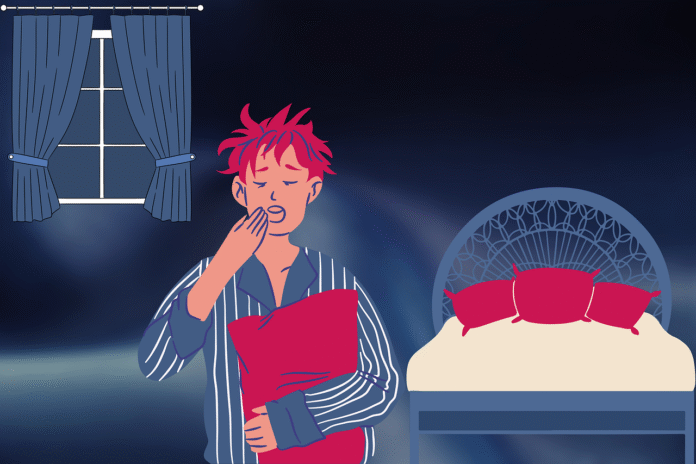By Cheryl Beshada C.M.Ht
Q: Can hypnosis help with sleepwalking?
A: Sleepwalking is classified as a parasomnia — an undesirable behavior or event during sleep. Since sleepwalking is a subconscious activity, hypnosis can truly help. Hypnosis administered by a certified professional hypnotist is one of the safest and most effective ways to access the subconscious mind. Usually, sleepwalking is caused by subconscious stressors or behavioral patterns.
Listening to personalized hypnosis recordings at bedtime can help reinforce hypnotic suggestions to overcome sleepwalking. Since everyone’s experience with sleepwalking is different, a certified hypnotherapist can customize the approach to match your specific symptoms and needs.
One of my clients would wake up during the night and eat a full meal, having no memory of it upon waking in the morning. Not only did he overcome sleepwalking to the refrigerator, but he was also pleased to lose the excess body weight as well.
Some people will have different patterns of sleepwalking, which may include startling or waking others in the house or walking outside. In some cases, people would wake up in unusual places, emphasizing the disorientation and surprise that accompany such experiences.
Some Techniques Used in Hypnotherapy for Sleepwalking:
- Improving Sleep: Hypnosis can enhance slow-wave sleep, the deepest stage of non-REM sleep, by up to 80%, according to studies from the Universities of Zurich and Fribourg. This stage is crucial for restorative rest and minimizing disruptions like sleepwalking.
- Self-hypnosis: Learning self-hypnosis guides people to take a mental power nap during the day. It is said that 5 minutes of hypnosis is equivalent to an hour’s nap. By relaxing sufficiently during the day, the body can learn to relax better during normal sleep hours and establish normal sleep habits.
- Reducing Stress and Anxiety: Emotional tension is a common contributor to sleepwalking. Hypnosis promotes deep relaxation and emotional regulation, which can reduce the likelihood of nighttime wandering.
- Rewiring Subconscious Triggers: Sleepwalking often arises from automatic responses in the brain during deep sleep. Hypnosis helps reprogram these responses by introducing new associations, like linking sleep with stillness, safety, and resting.
- Installing Post-Hypnotic Suggestions: These are affirmations or cues given during hypnosis that continue to influence behavior after the session. For example, a suggestion like “your body remains calm and still during sleep” can reinforce safer sleep habits.
The Clinical Hypnosis Professional Group (CHPG) is a group of Certified Hypnotists who have maintained the Continuing Education Units or requirements to ensure top-notch services. Go to www.HypnosisPractitionerDirectory.com to find a Certified Hypnotherapist near you.
Are you interested in becoming a Professional Hypnotherapist? Call (586) 899-9009 or visit our website at www.ClinicalHypnosisInstitute.com. Our next Hypnosis Certification Course begins on October 11th.











